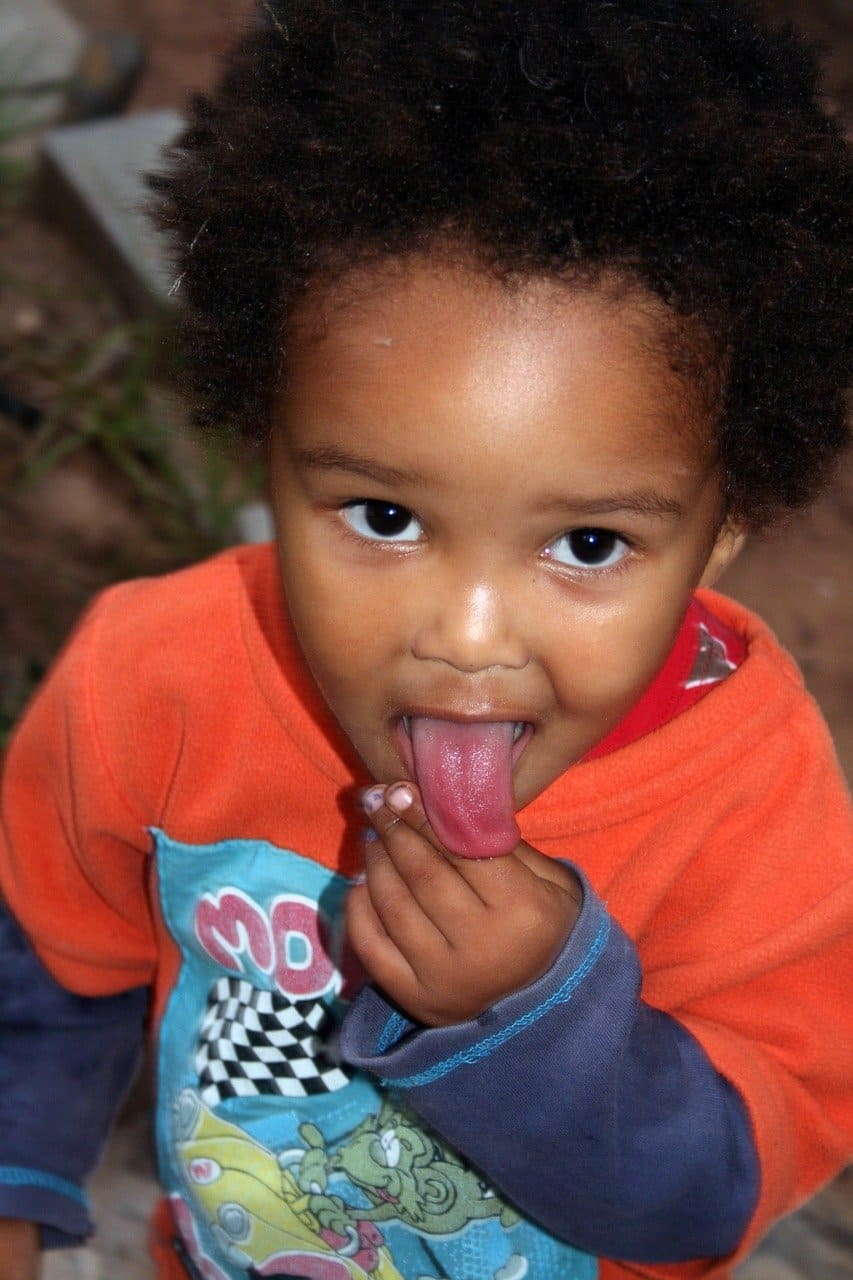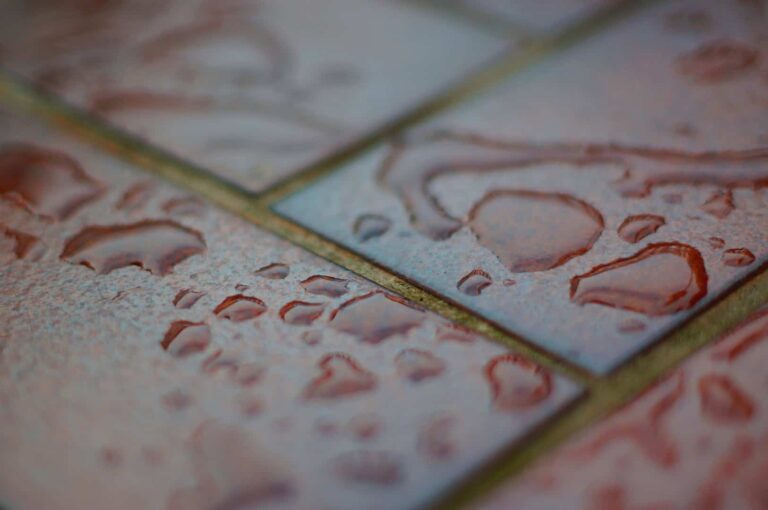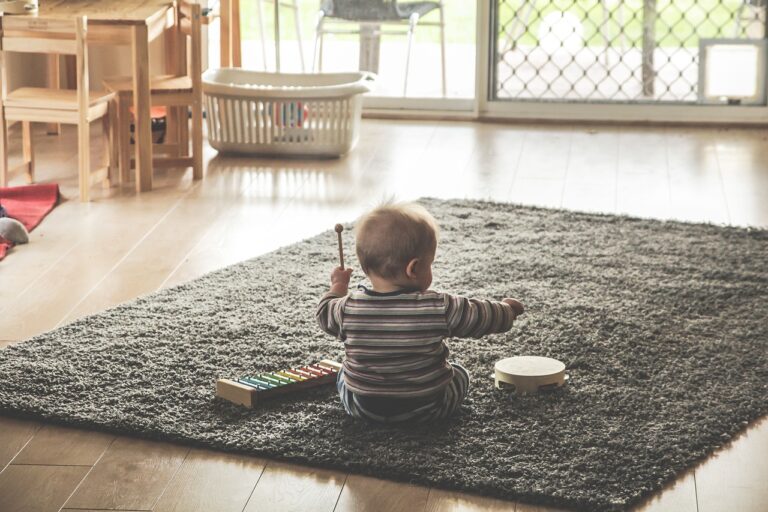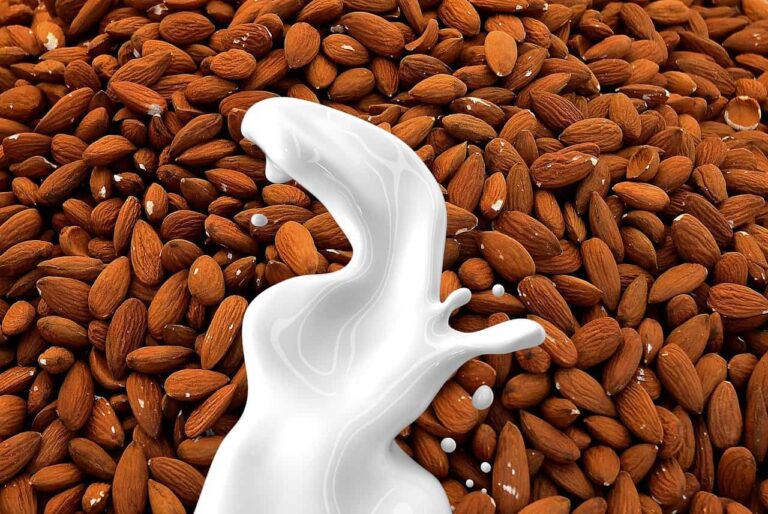Why Is My Toddler Licking Everything And Should I Be Worried?
Why is my toddler licking everything? As parents we have to adapt and determine ways of dealing with behaviors from our toddlers. I have watched my toddler do a lot of mistakes yet I can’t punish her. Sometimes I just encourage myself by hoping that she is going to mature up soon. I know I sound funny yes but not to anyone having a toddler for they all understand what am talking about.
I remember how sometimes I just feel stressed up while sometimes it’s just fun. I once felt a lot of embarrassment from when I watched my toddler licking my uncle in front of all in-laws. You can imagine how hurt I felt seeing the man enjoy the fact yet I understand how risky it was for my kid to lick dirty arms from a man.
Some times its funny watching the toddler react after licking staffs not in her favor. An example was one day
when I lately noticed she had licked pepper placed on top of dining table. I watched her struggle to hold the harshness of the pepper until she couldn’t. This made me giggle and at long last break into laughter after watching the reactions on her little face and the cry she busted into when she couldn’t hold it any longer. You can imagine how much she escapes that dining table till today.
But why…why is it that toddlers lick everything on their way? Are we supposed to see it right?
In my post today, I am going to take you through some information that I have learnt during the period of raising my toddler.
Answers to be answered in this post will include:
Reasons behind toddlers licking everything.
Actions to be taken to keep toddlers from licking everything.
Frequently asked Questions.
Skip To The Following Sections
- New sensory experience
- Attention
- Early Stage of life
- Way of Comfort
- Mimicking
- Complex Nutrient deficiency
- Should I be worried when my toddler licks everything?
- Prevention
- Sensory Input and Unusual Behavior
- Sensory Processing and Sensory Needs
- Positive Reinforcement and Appropriate Ways
- Health and Hygiene Concerns
- Nutrient Deficiency and Medical Conditions
- Sensory Processing Disorder and Developmental Delays
- Signs of Autism and Social Interaction
- Parental Reactions and Social Acceptance
- Educational Support and Sensory Diet
- Transitioning to Appropriate Behavior
New sensory experience
Children will lick different things to taste something novel. The experience of tasting some things that are actually sweet now pushes children in licking everything. This is due to their little mind that shows them that everything is tasty and they will try to have the experience from all stuffs.
Another fact is that just as a stranger trying to understand their new land; children try to understand their surroundings through sight, smell, sound and taste. This gives us the reason why we should not find the behavior of licking being unusual.
Attention
Sometimes toddlers are just little comedians in the house. This is in most cases where parents or guardians get attached to other duties rather than keeping the toddlers busy. You will find out that some do unusual things like licking something that surely will force an attention from their guardians.
Tell me if you can stand the sight of your toddler licking soap detergent. Definitely there is no one who can stand that and that is why toddlers will try to lick different things to see the reactions from their parents. This means that actually your toddler might be seeking attention from you and as a guardian you will have to understand that sometimes they really need you since it’s their only way of communicating. I mean it’s their only way since toddlers are not into a position of using words to express their desires.
Early Stage of life
Is licking stuffs really a life stage in a toddler? Many people will ask themselves such a question but the fact is yes, licking stuffs is a stage for every child. Just like adolescence stage, children will come into a certain stage where they will be curious of understanding different things through tasting them. However when a child grows past 2 years, then this goes out of life stage fact.
Way of Comfort
Toddlers are close to being babies. This means that some of them might be licking some stuffs just for memories of the comfort they actually got from breast feeding. You will find out that when some toddlers are lonely or even about to sleep they will start liking for their best comfort which might be the reminder of their mother’s breast. Sounds funny right? Well that is the fact.
Unfortunately some toddlers especially those who never got enough breastfeeding period end up licking their fingers for a very long period of life. This is the reason you might see a grown up person with over 20 years of age licking their fingers since they already adapted into that.
Mimicking
If you are a parent you will notice that your children behave exactly as the people who live around them most of times. For an example if a big sister or brother stays around the toddler most of times compared to the parent, you will find out that they will behave like the sibling but not exactly like the parent.
What am trying to say is that your toddler might be actually mimicking someone or even a pet. If you have a cat or even a dog, and it happens that your toddler like them, then they will start following what their favorite pets do.
Can you stand a sight of your toddler barking at a stranger just like your dog does? Huh I know you will have an experience of mixed reactions but actually some does. They surely mimic every move. You better be careful that they don’t watch your dog peeing without manners in public places because you will not be able to stand the embarrassment.
Complex Nutrient deficiency
Just like pregnant mothers craving for inedible stuff like soil, due to nutrient deficiency, some children actually lick stuff due to nutrient deficiency. It sounds confusing since this might not catch parents aware that easily since most of them might take it as a normal behavior but that is the fact.
Toddlers with Pica might be having deficiency anemia or even zinc deficiency. This challenge only stops after the nutrition deficiency is considered and well catered. This explains why actually parents have to be careful with toddlers and provide them with good and balanced diet.
Should I be worried when my toddler licks everything?
Well, actually most parents are very wrong about this matter. The behavior of licking everything by a toddler is normal in most cases as we have discussed but this does not guarantee any guardian to take it normal.
Some parents end up incurring hospital bill and even others end up losing their toddlers. This is due to the fact that they took the matter normally which truly might be normal but they are very wrong.
Let me ask you something, how would you feel when you misplace some items like rat poison in the house and your licking toddler actually comes across the poison? If by any chance they end up licking the poison will you be in any position to ever forgive yourself in your entire life?
Well this actually shows how worried parents should be when their toddlers are licking everything. In fact if there is a time guardians should be worried about their children is during this stage. There are a number of people who have accidentally lost their kids at this stage.
Prevention
Parents should consider having ways of controlling their babies from licking stuffs. Some of ways include:
Buying Chewing Toys
This helps toddlers in keeping them busy such that they can’t concentrate on other staffs to be licked. This also helps them in strengthening their “chewing system” This acts as one of the best ways of solving the issue since making the toddler avoid licking things might be really a task.
Creating Distractions
Actually some parents are so harsh that they will create harsh distractions to their toddlers when they see those licking things. Some people may consider this as a mistreatment but it actually works well. The toddler’s mindset will always be set in a warned way that they will try to avoid licking some things as much as they can.
Providing full attention to the toddlers; parents are supposed to ensure that their toddlers are under their watch every moment. Even while parents at their work, they should ensure that someone is watching the toddlers.
Ignorance
This is the worst method. It is risky although it may work sometimes. When toddlers lick things to get your attention and actually you ignore them, they might end up stopping.
This idea in some cases brings a feeling of not being loved in the toddler’s life. On the other side, this idea puts toddlers into risk that actually some might not stop but may decide to shift the attention seeking to the wrong people or even pets. While considering this idea, guardians should be sure that all other ideas provided could not function well to their toddlers.
Sensory Input and Unusual Behavior
As parents, encountering unusual behavior from our toddlers is not uncommon. One such behavior is excessive licking of objects, which might stem from their sensory needs. For younger children, especially those under two years of age, exploring the world through their senses is a normal behavior. This can include touching, smelling, listening, and yes, even licking things.
Sensory Processing and Sensory Needs
Toddlers often have heightened sensory desires, seeking out new sensory experiences to learn about their surroundings. Their sensory processing system is still developing, and this can lead to behaviors like licking. It’s a way for them to gather sensory information from their environment. Some toddlers might have sensory processing difficulties, and licking could be a way for them to cope with sensory overload or seek comfort.
Positive Reinforcement and Appropriate Ways
Encouraging appropriate ways for toddlers to engage their senses is a good idea. Instead of discouraging them outright, provide alternatives. Offering chewy toys or textured objects can redirect their sensory-seeking behaviors in a positive direction. Positive reinforcement, like praise and rewards, can also motivate them to explore in ways that are more socially acceptable.
Health and Hygiene Concerns
While some licking is a normal part of exploration, there are health and hygiene concerns to consider. Licking objects in public places or putting non-food items in their mouths can expose toddlers to germs, bacteria, and even toxic substances like cigarette butts or lead-containing items. This is especially worrisome for toddlers who are still developing their immune systems.
Nutrient Deficiency and Medical Conditions
In some cases, persistent licking could be a sign of nutrient deficiency, such as iron deficiency or vitamin deficiency. These deficiencies can lead to sensory cravings and unusual behaviors. If you suspect a medical condition might be contributing to such behavior, seeking medical advice is important. Nutritional imbalances can impact a child’s development, making it crucial to address them.
Sensory Processing Disorder and Developmental Delays
For children with sensory processing disorders or developmental delays, sensory-seeking behaviors like constant licking might be more pronounced. Sensory processing disorder can affect the way a child responds to sensory stimuli, leading to behaviors that seem odd to others. Occupational therapy can help these children develop appropriate sensory strategies.
Signs of Autism and Social Interaction
In some cases, excessive licking or other sensory behaviors can be a sign of autism spectrum disorder (ASD). Autistic children might engage in repetitive sensory behaviors as a way to self-regulate. Addressing these behaviors requires understanding and support, and seeking professional help can guide parents in the right direction.
Parental Reactions and Social Acceptance
It’s important for parents to understand that while excessive licking might seem odd, it’s often driven by sensory needs and exploration. Reacting with patience and empathy is the best approach. Explaining to others, including friends and family, can help prevent social discomfort or judgment.
Educational Support and Sensory Diet
For children with more pronounced sensory behaviors, educational support and a structured sensory diet can be beneficial. A sensory diet involves providing a variety of sensory experiences to help the child regulate their sensory needs without resorting to unusual behaviors.
Transitioning to Appropriate Behavior
With guidance, most children naturally grow out of the “licking phase” as they develop better communication skills and find more appropriate ways to engage with their environment. Providing consistent alternatives and addressing any underlying sensory needs can aid in this transition.
Remember that each child is unique, and what works for one might not work for another. Addressing sensory-related behaviors requires patience, understanding, and a willingness to adapt strategies based on a child’s specific needs and developmental stage.










